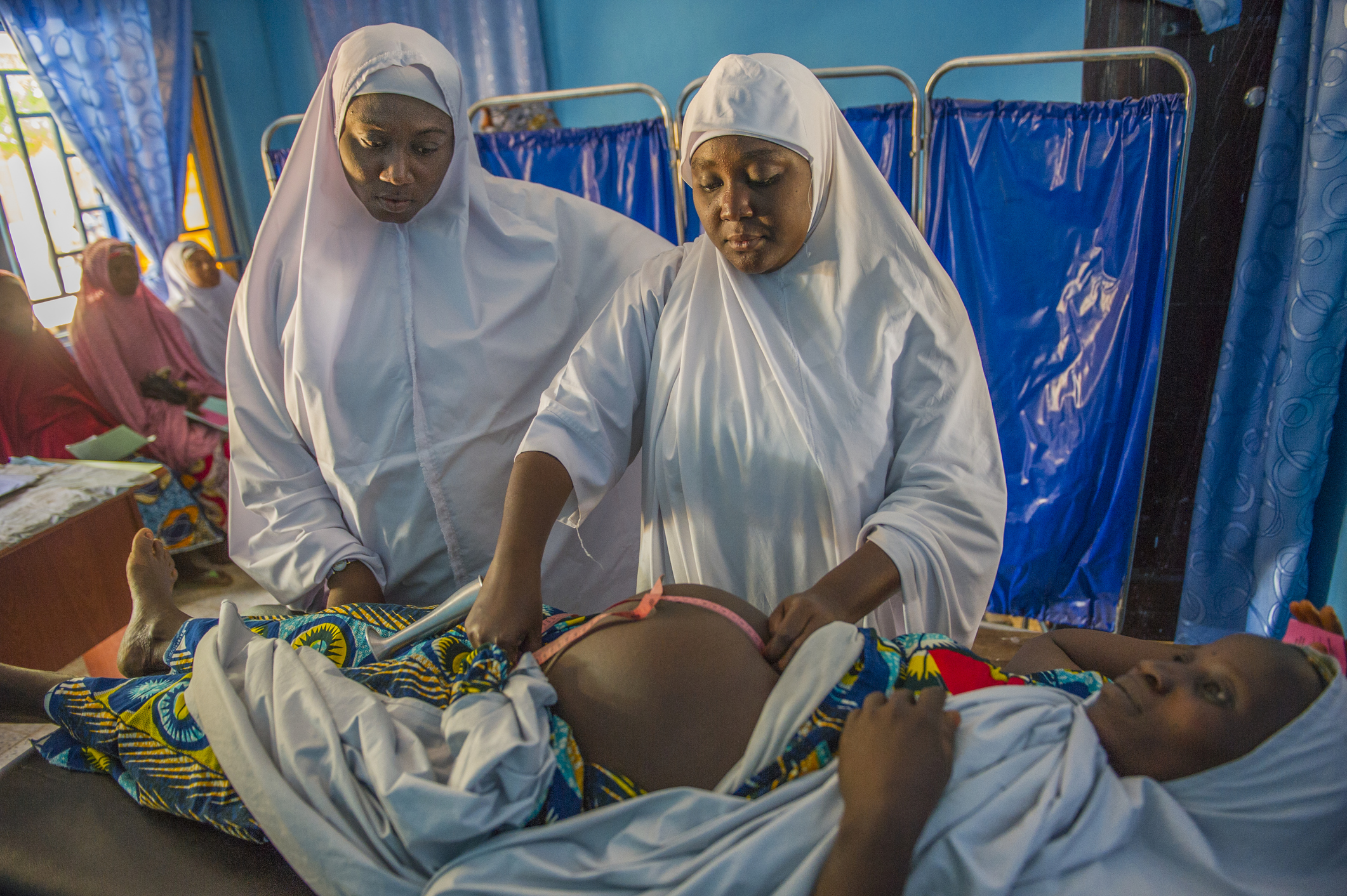
Expectant mothers in poor countries mistreated while giving birth-WHO
World Health Organization (WHO) has revealed that more than a third of women surveyed across four lower-income countries, reported being mistreated during childbirth.

The study by the U.N. health agency published on Wednesday in The Lancet – an influential peer-reviewed science journal – was carried out in Ghana, Guinea, Myanmar and Nigeria, and found that 42 percent of the 2,016 women observed had experienced physical or verbal abuse, stigma or discrimination during labour and childbirth.
According to WHO, quality support, particularly from midwives for women in labour, can make the difference between life and death.
Midwifery has been shown to reduce maternal and newborn mortality and stillbirth rates, by over 80 per cent, and reduces pre-term labour and birth by 24 per cent. Yet, more than 800 women still die every day during the process.
Younger, less-educated women were found to be most vulnerable to mistreatment, in the form of stigmatization, discrimination, undergoing medical procedures without consent; the use of force in procedures; or abandonment or neglect by health workers.
Some 14 percent of women experienced physical abuse in the form of being slapped, hit or punched, while others experienced non-consensual caesarean sections, and episiotiomies (surgical cuts to the vagina during childbirth) and vaginal examinations.
Interviews were also conducted with 2,672 women after giving birth, which indicated similar levels of mistreatment.
Researchers observed 35 cases of caesarean births conducted without the mother’s consent, along with 190 of 253 episiotomies reported, and 2,611 vaginal examinations, comprising 59 per cent of the total.
Some 752 (38 per cent) of the women in the study experienced some form of verbal abuse, whether being shouted at, scolded or mocked. Eleven women were targets of discrimination or stigma, on the basis of their race or ethnicity.
The health agency recommends a framework of strategies to ensure women are treated with compassion and dignity – from holding health systems accountable, to ensuring enough resources are available for quality health care, and clear policies on women’s rights:






